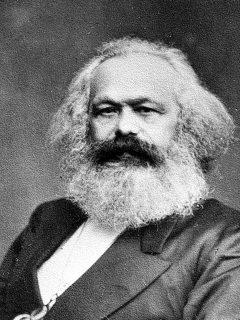
Publication details
Publisher: Palgrave Macmillan
Place: Basingstoke
Year: 1992
Pages: 243-308
ISBN (Hardback): 9780333567685
Full citation:
, "Politics and history", in: Theory into practice, Basingstoke, Palgrave Macmillan, 1992


Politics and history
pp. 243-308
in: K. M. Newton (ed), Theory into practice, Basingstoke, Palgrave Macmillan, 1992Abstract
Marxist literary criticism has a relatively long history but it is only comparatively recently that it has become widely accepted that Marxism should be seen as at the centre of critical discussion and debate. Earlier Marxist criticism — so-called "vulgar" Marxism — tended to be viewed by those uncommitted to Marxist politics as reductive, since literary texts were interpreted in reflective terms as being directly determined by socio-economic forces, and though a critic such as Georg Lukács was widely respected and could not be dismissed as a vulgar Marxist, his work was mainly influential within the Marxist tradition. Contemporary Marxism has questioned traditional dogma and has been prepared to enter into engagement with developments in modern theory. Thus what Jacques Derrida has termed a more "open Marxism" has emerged.1
Cited authors
Publication details
Publisher: Palgrave Macmillan
Place: Basingstoke
Year: 1992
Pages: 243-308
ISBN (Hardback): 9780333567685
Full citation:
, "Politics and history", in: Theory into practice, Basingstoke, Palgrave Macmillan, 1992


